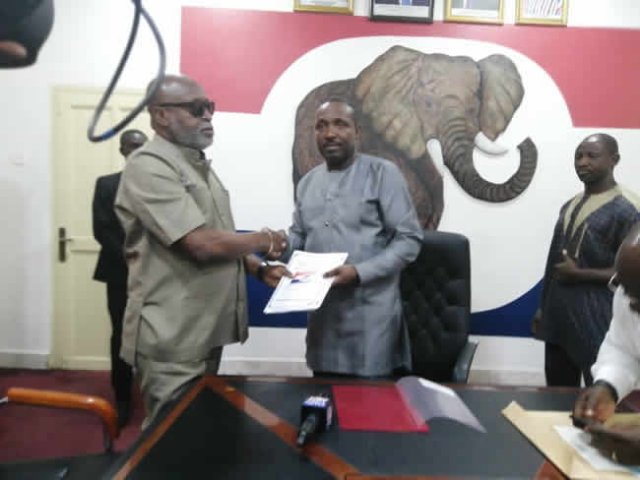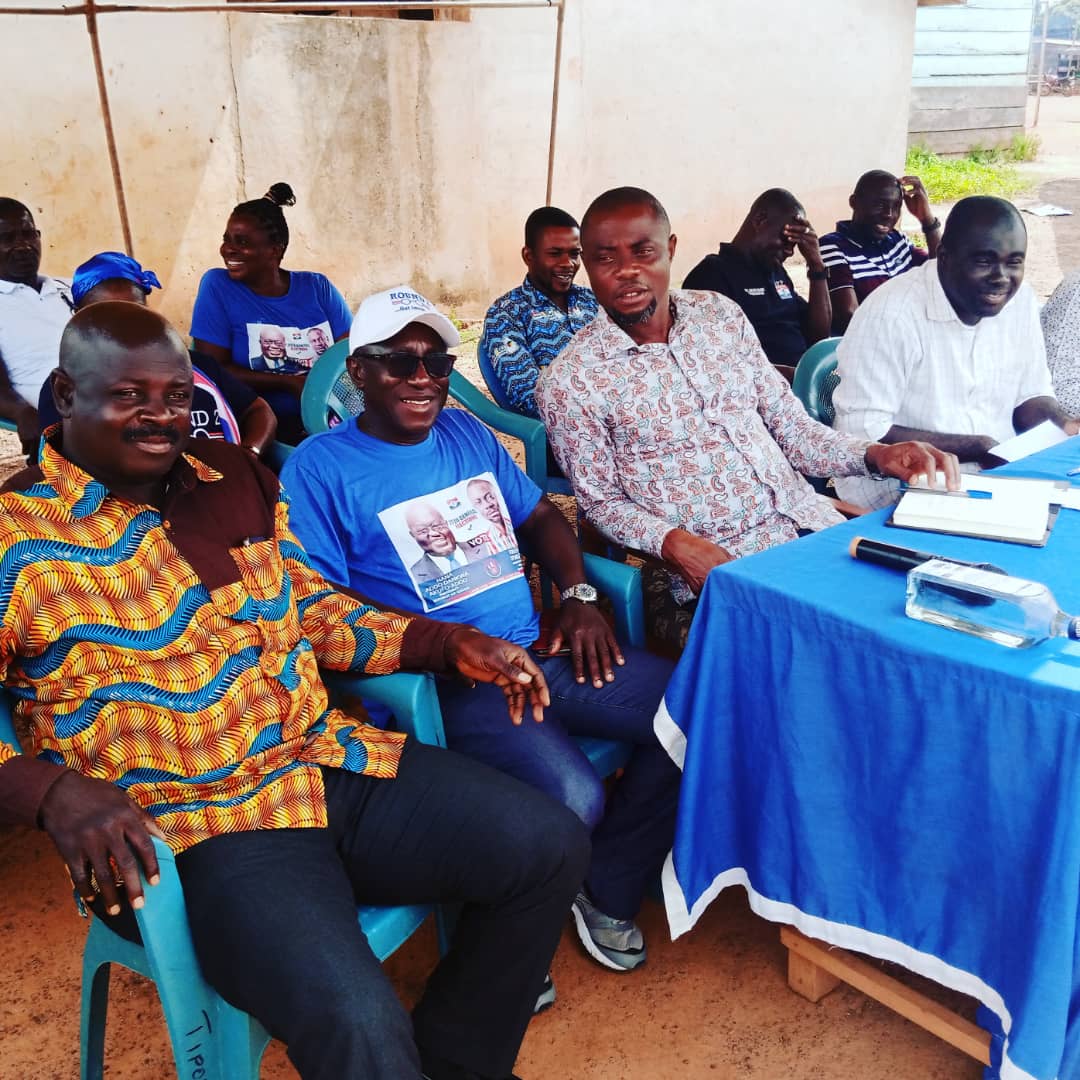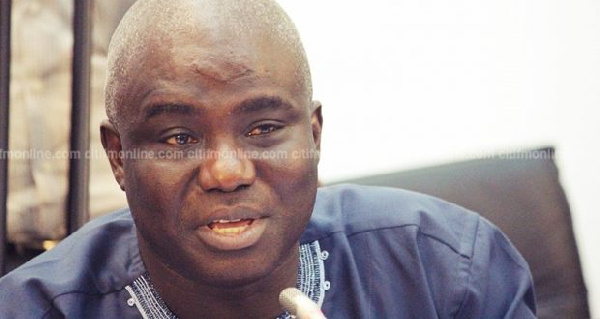Autocracy is Democracy: A people’s truth unveiled

In a world where politics is packaged, branded, and sold to the masses like a consumer good, few dare to ask the uncomfortable question: Is democracy truly what we think it is? And even fewer dare to answer: Perhaps not, perhaps democracy is just autocracy with better marketing.
This is not a cynical rant, but a reflection born of critical thought, the kind that free minds arrive at when they look beyond the gloss of elections, constitutions, and campaign speeches, and into the deeper structure of how power operates. What we call “democracy” today may very well be a system that mimics freedom while maintaining control.
THE ILLUSION OF CHOICE
Democracy, by definition, is the rule of the people, a system where citizens elect their leaders, express their views, and enjoy civil liberties. It sounds noble and empowering. But in practice, who really rules? In most democracies, people cast their votes every few years, and in between, they watch as governments make decisions with little to no public involvement.
The media, often owned by elites, shapes what the public knows and how they think. Lobbyists influence laws more than the average voter. Political parties become gatekeepers of power. And when discontent arises, it’s often pacified through performative gestures, not systemic reform. What results is a form of elite-managed consent, where citizens feel involved but are rarely truly empowered. Philosopher Noam Chomsky calls it the “manufacture of consent.” You might call it a soft autocracy dressed in democratic attire.
THE HONEST FACE OF AUTOCRACY
Autocracy, rule by one, is often portrayed as the enemy of freedom. And in many forms, it is. But there’s something brutally honest about autocracy: it doesn’t pretend. An autocrat doesn’t need your vote to rule; they take power and say, “I am in charge.” Paradoxically, when an autocrat rises to power with popular support, when people genuinely agree to be led decisively, to trade the messiness of pluralism for the promise of order, then
isn’t that, in a twisted sense, a form of democracy? If a person freely chooses to be ruled with a strong hand, is that not still the will of the people?
What we uncover here is a haunting truth: autocracy can be democratic, and democracy can
be autocratic, depending not on titles but on how power functions and how citizens respond
to it.
ALL SYSTEMS ARE TOOLS — BUT WHO HOLDS THE HANDLE?
The real issue may not be democracy versus autocracy. It’s the illusion of participation versus real participation. In many democratic states, power still concentrates in the hands of the few. In some autocratic regimes, citizens support their leaders because they genuinely believe in them, or because they see no better alternative. In both systems, the people are managed, through fear, hope, spectacle, or misinformation.
And in both, dissent can be punished, ignored, or tokenized. What separates a free society from an unfree one may not be the name of the system, but the ability of the people to:
• Question without fear
• Know without censorship
• Act without manipulation
True democracy, if it exists, is not found in ballot boxes alone, but in the consciousness of the people. It lives in the willingness to question narratives, demand transparency, and resist manipulation.
THE CALL FOR POLITICAL AWAKENING
What we need now is not blind faith in systems, but an awakening. An awareness that no system, no matter how noble in design, is immune to corruption. That democracy, as it is practiced, may no longer reflect the power of the people but rather the power over the people.
Autocracy isn’t always a jackboot. Sometimes it’s a handshake, a smile, a campaign slogan. And democracy isn’t always freedom, sometimes it’s a theatre that plays out to keep the audience quiet while the script is written backstage.
So let us not be loyal to labels, but to truth. Let us measure systems not by their names but by the space they allow for accountability, dignity, and choice. And let us, above all, never forget: The greatest illusion is not that we are ruled, but that we chose it.
Source: Louisa Afful | Contributor





